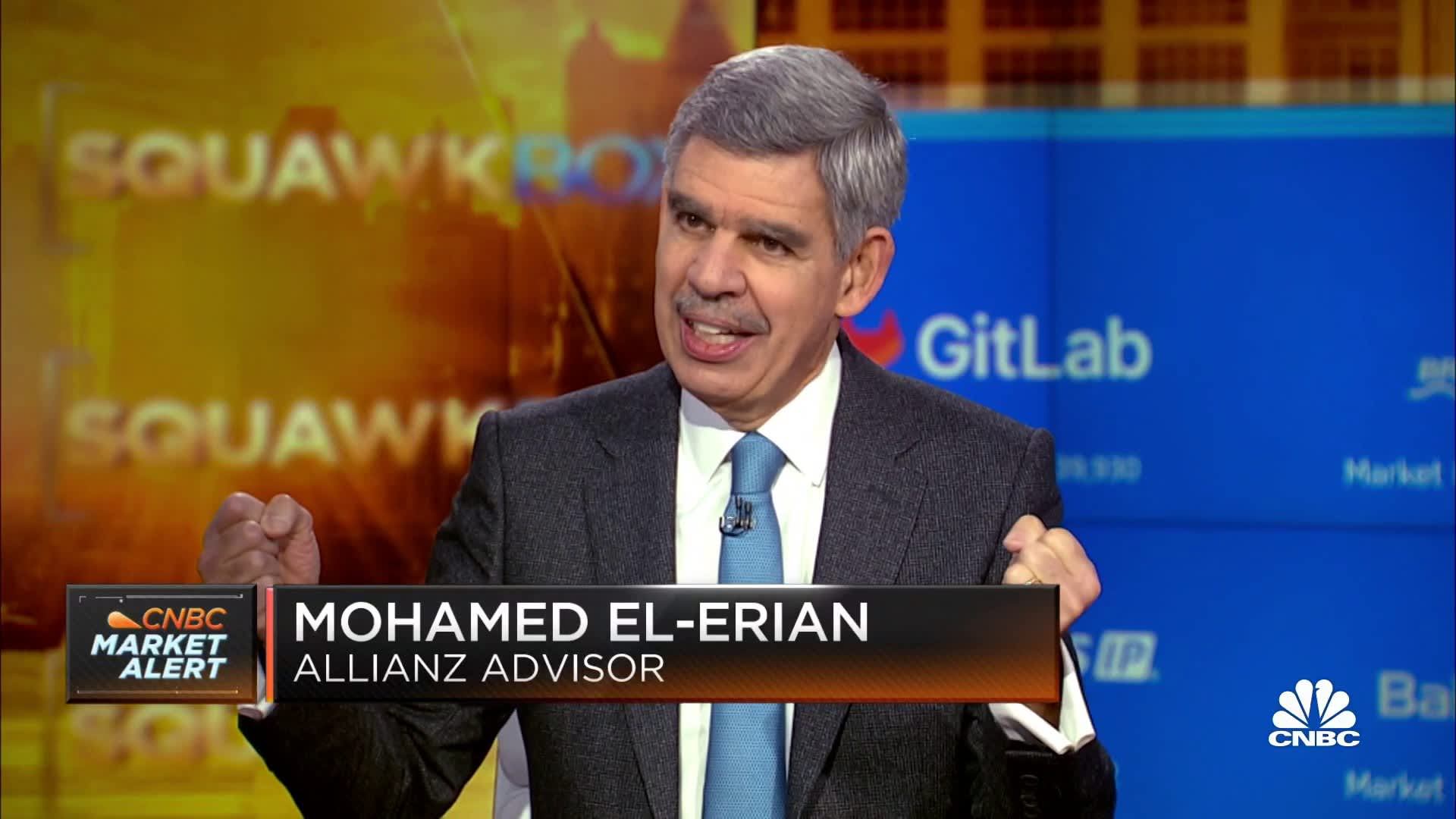RELATED CONTENT
Another Annus Horribilis for the Fed | by Mohamed A. El-Erian - Project Syndicate
Over the past two years, the US Federal Reserve has repeatedly erred in its analysis, policymaking, communications, and governance. To restore its effectiveness and reduce its vulnerability to undue outside interference, Fed officials must start making up for past mistakes in the new year.
CAMBRIDGE – On the 40th anniversary of her accession to the throne, Queen Elizabeth II remarked that, “1992 is not a year on which I shall look back with undiluted pleasure. In the words of one of my more sympathetic correspondents, it has turned out to be an annus horribilis.” The late monarch’s now-famous speech followed a year of uncomfortable developments for the Crown, including a fire in Windsor Palace, the end of two of her children’s marriages (with a third royal separation to be made public the following month), and various leaks.
The queen’s admirably open and honest acknowledgment of these difficulties helped solidify another three decades of enormous domestic and global respect for the monarchy. As we head into a new year, the US Federal Reserve, seeking to move on from its own second successive annus horribilis, would do well to heed her example. That is the Fed’s best chance to regain policy credibility, restore its reputation, and reduce its vulnerability to undue political interference, all of which will be critical to its effectiveness and, therefore, to economic well-being more broadly.
Over the past two years, the Fed has been proven terribly wrong in its assessment of inflation. Its forecasts have been so far off the mark that some former Fed officials have publicly and repeatedly dismissed them – a highly unusual occurrence. As a result, policymakers squandered the opportunity to move in a timely fashion to contain the price increases that have since eroded everyone’s purchasing power, hitting the most vulnerable segments of society the hardest.
In its latest projections and final press conference of the year, the Fed went out of its way to signal to markets that its policy rate would likely be at 5.1% at the end of 2023. This forward guidance was supported by 17 of 19 Fed officials, yet markets still did not price it in. Instead, futures markets point to a policy rate of 4.4%, anticipating also that the Fed will be forced to cut rates over the course of the coming year, despite everything it has said to the contrary.
Then there were all the ethical slippages. Over the past two years, three senior Fed officials have resigned following reports that they had engaged in questionable stock-trading practices during the pandemic, when Fed policies were massively boosting valuations. Then, a fourth official acknowledged that he had violated trading rules and reporting requirements, and a fifth official raised eyebrows by agreeing to speak at an invitation-only, off-the-record event organized by a large bank.
All these developments raise obvious concerns about the effectiveness, standing, and reputation of an institution that plays – and must play – an absolutely critical role in both the US economy and the international monetary system. Not only do they weaken its authority, undermine the impact of its forecasts, and erode the efficacy of its forward guidance, but they also could render it vulnerable to outside interference. That could further threaten the operational autonomy that the Fed needs to deliver on its mandate.
Looking ahead, the Fed is unlikely to have done enough to make up for its earlier mistakes on inflation. While inflation is easing and will continue to do so, this will come at the cost of undue damage to livelihoods. And, having allowed inflation to become embedded in the structure of the economy, there is still a risk, later in 2023, that it will be sticky at a rate above the Fed’s 2% target. Should that happen, the Fed will have to pick between equally uncomfortable policy options, all of which will become even more painful for society if the US has fallen into recession.
To confront such challenges, the Fed will need to move on from the failures of 2021-22. Its task now has a critical external component, as well as the equally important internal one. That is why this vital institution must take a page from the late queen’s remarkable 30-year-old playbook."
To read more from Project Syndicate, click here.
.jpg)
.jpg)

.jpg)



No comments:
Post a Comment